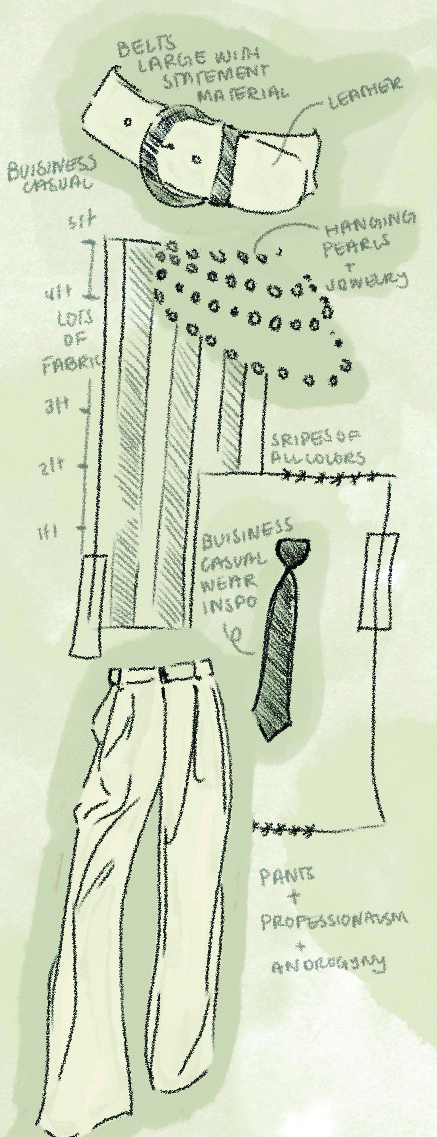
On Oct. 9, hundreds of women in the computer science industry arrived in Phoenix, Arizona for the Grace Hopper Celebration, the largest national gathering of women in computer science. The computer scientists were eager to hear from a roster of impressive speakers including Microsoft’s CEO, Satya Nadella.
Nadella was interviewed by Maria Klawe, a member of Microsoft’s Board of Directors, current president of Harvey Mudd College and previous Dean of the School of Engineering and Applied Science at Princeton University.
During Nadella’s interview, Klawe asked Nadella what advice he would offer women who are not comfortable asking for pay raises. According to a livestream video of the interview that was published on Forbes’s website, he responded by suggesting that, instead of explicitly asking for raises, women should simply have faith that they’ll be rewarded.
“It’s not really about asking for the raise, but knowing and having faith that the system will actually give you the right raises as you go along. And that I think might be one of the additional superpowers that women who don’t ask for raises have. Because that’s good karma, it’ll come back,” Nadella said.
Klawe politely responded that she disagreed with his statement, explaining that she believes women shouldn’t shy away from asking for raises that they believe they deserve.
As demonstrated by Klawe’s response, Nadella’s comment did not sit well with many women, especially those in the computer science industry. An article published by Bloomberg News that recorded responses from women at the conference to Nadella’s comments states that “[women] felt it was a disturbing example of tone-deafness that showed how much further male leaders have to go to truly make diversity a serious priority.”
Currently, 29% of Microsoft’s total employees and 17% of the company’s tech workers are women, according to an article published by USA Today. Addressing this statistic throughout the interview, Nadella explained that he wants to see the number of women working at Microsoft increase. Many fellow business executives and reporters expressed that Nadella’s comment was seemingly contradictory, given the audience and purpose of the conference.
On the same day of the conference, Nadella publically addressed his comments in an email that he sent out to all Microsoft employees, which was also published on the Microsoft website, to say that he answered the question, “completely wrong.” Nadella also expressed his support for bringing women into the technology industry and added, “I believe men and women should get equal pay for equal work…If you think you deserve a raise, you should just ask.”
Much of the criticism in the media following the conference was not directed to Nadella’s comment itself, but towards the biased judgment that women continue to face in their professions.
Recent studies show that it is not that women are not asking for raises, but that women do not receive positive responses when they do. A study published by the journal Organizational Behavior and Human Decision Processes revealed that appointed evaluators in a conducted experiment penalized female candidates more than male candidates for initiating negotiations for higher compensation. It was also shown that women were often perceived as being much more demanding than men, even though the study showed that women were less inclined to negotiate with male evaluators, and men were just as willing to negotiate as women were with female evaluators.
Marlborough alumna and current computer science major at Georgetown University Monica Sheldon ’13 shared her opinion about why she believes women are afraid to push boundaries in the workplace by asking for a raise.
“I think this is a problem because women are forced to fit a very unrealistic profile. They can’t be too nice or gentle in the workplace or they are considered weak and incapable of being a strong leader. And, on the other hand, they can’t be too aggressive or they are thought of as a…threat to masculine authority,” Sheldon said.
In an article published by CNBC about why women ask for raises less often than men, Laura Kray, a professor of leadership at the University of California at Berkeley’s Haas School of Business, commented about the perception of women being greedy by asking for raises.
“To [ask for a raise] requires being assertive, taking initiative, probably taking out your list of accomplishments and thereby self-promoting…It turns out people don’t like it when women do this,” Kray said.












